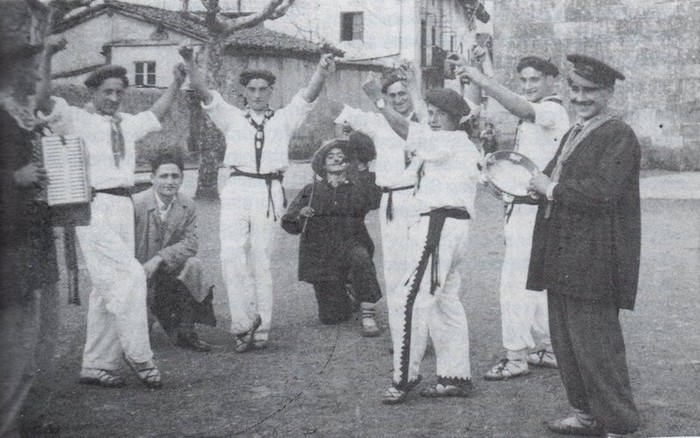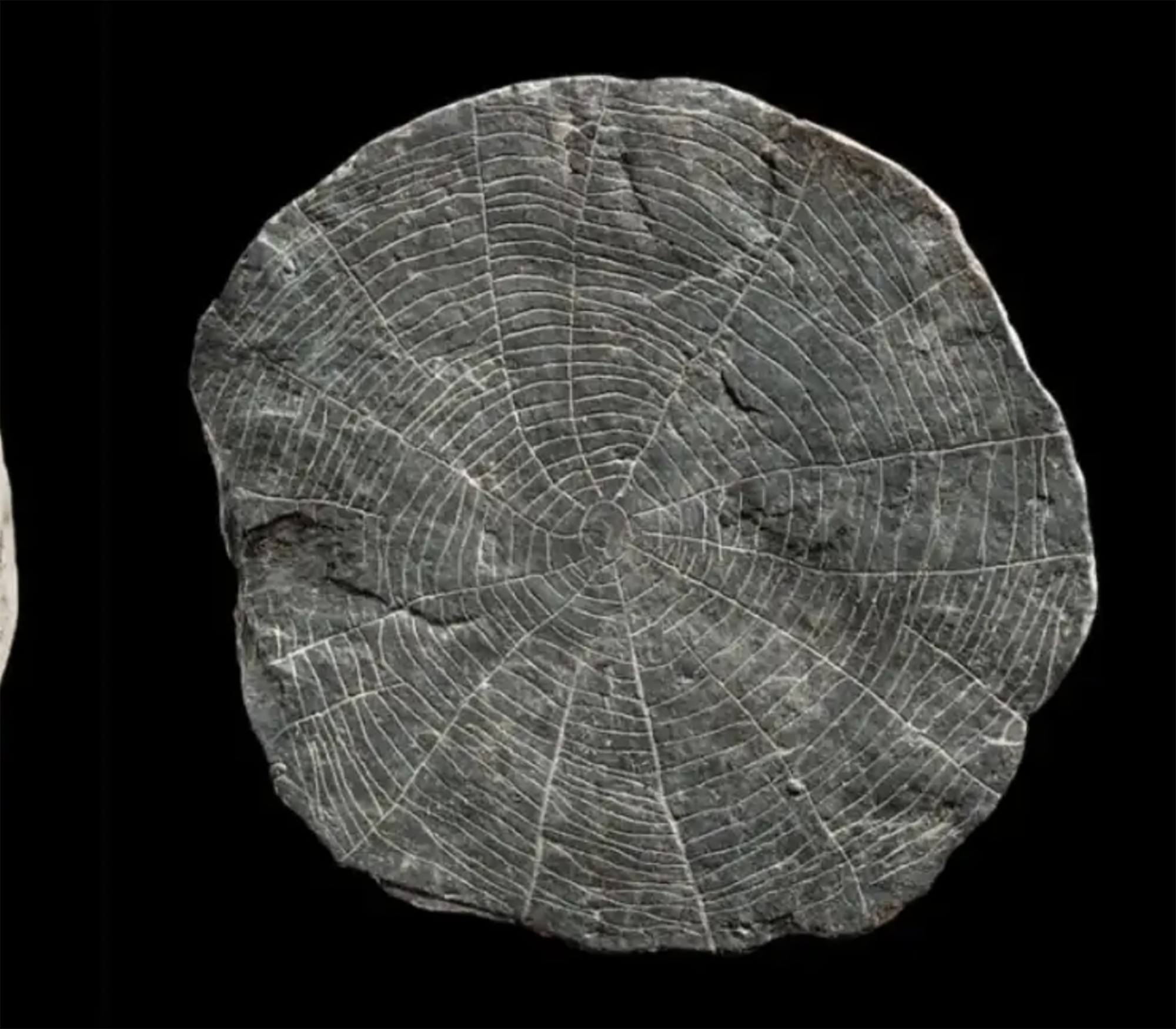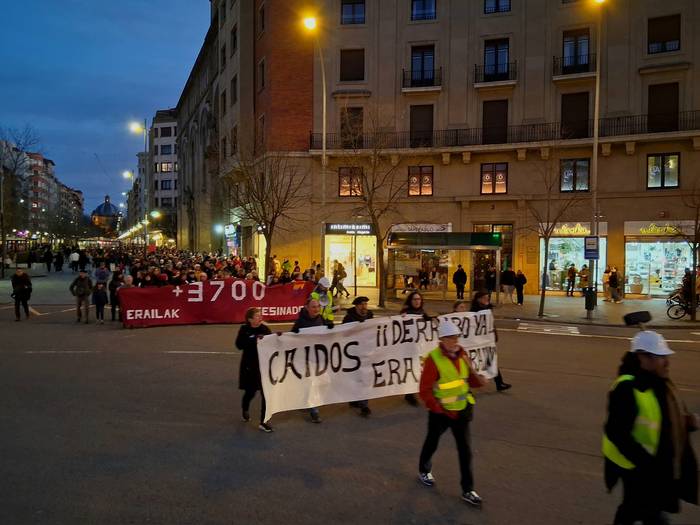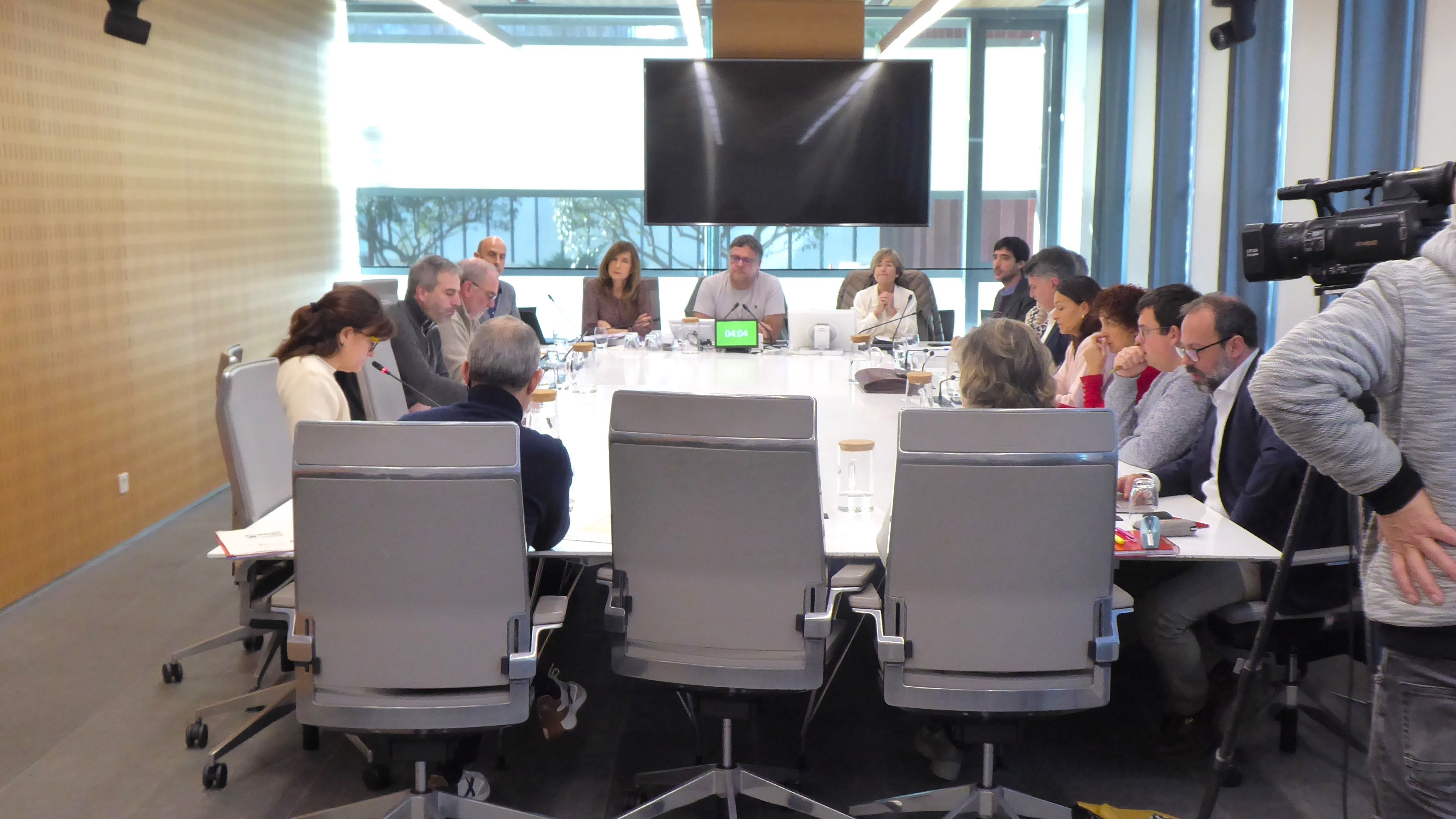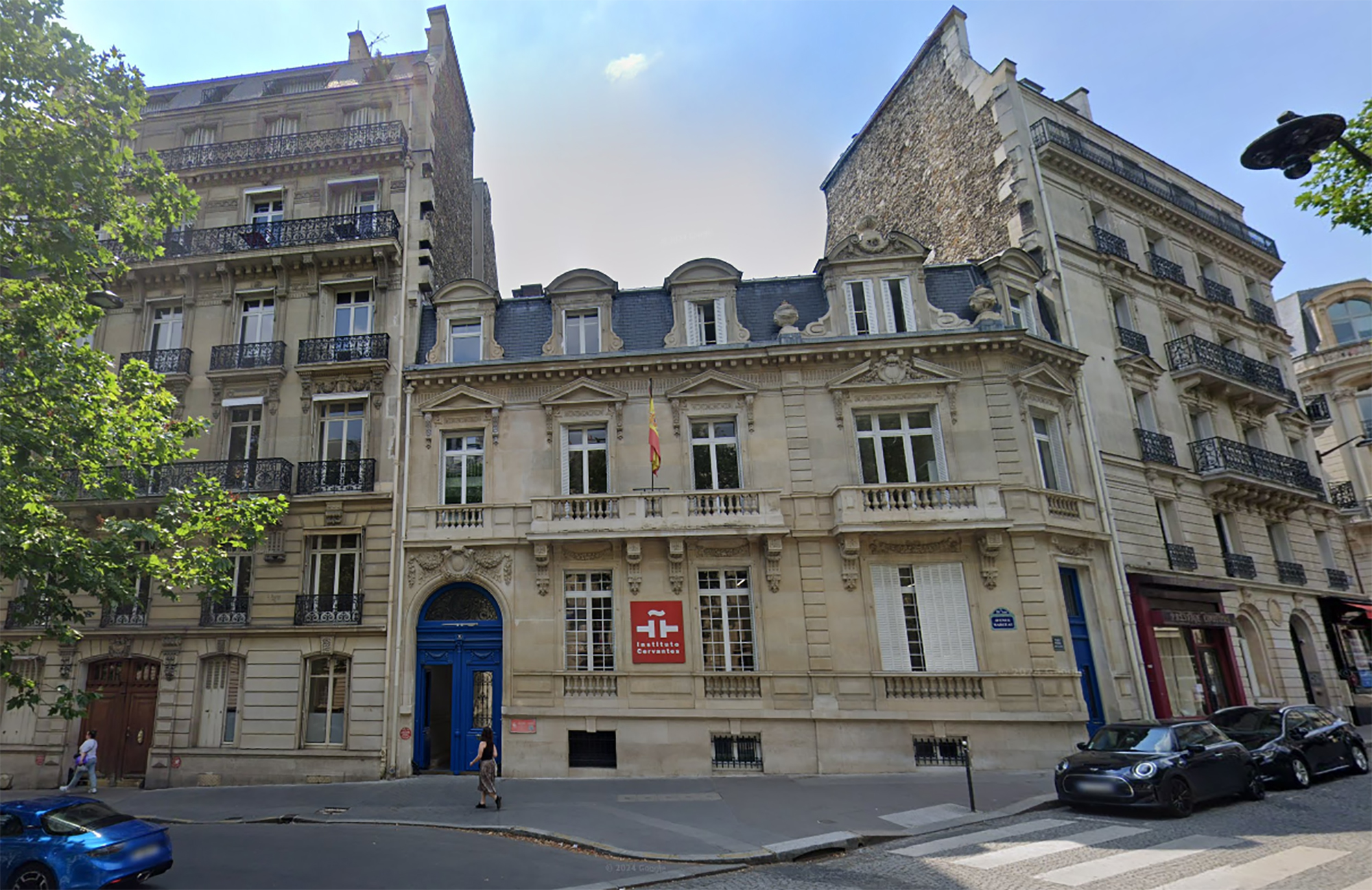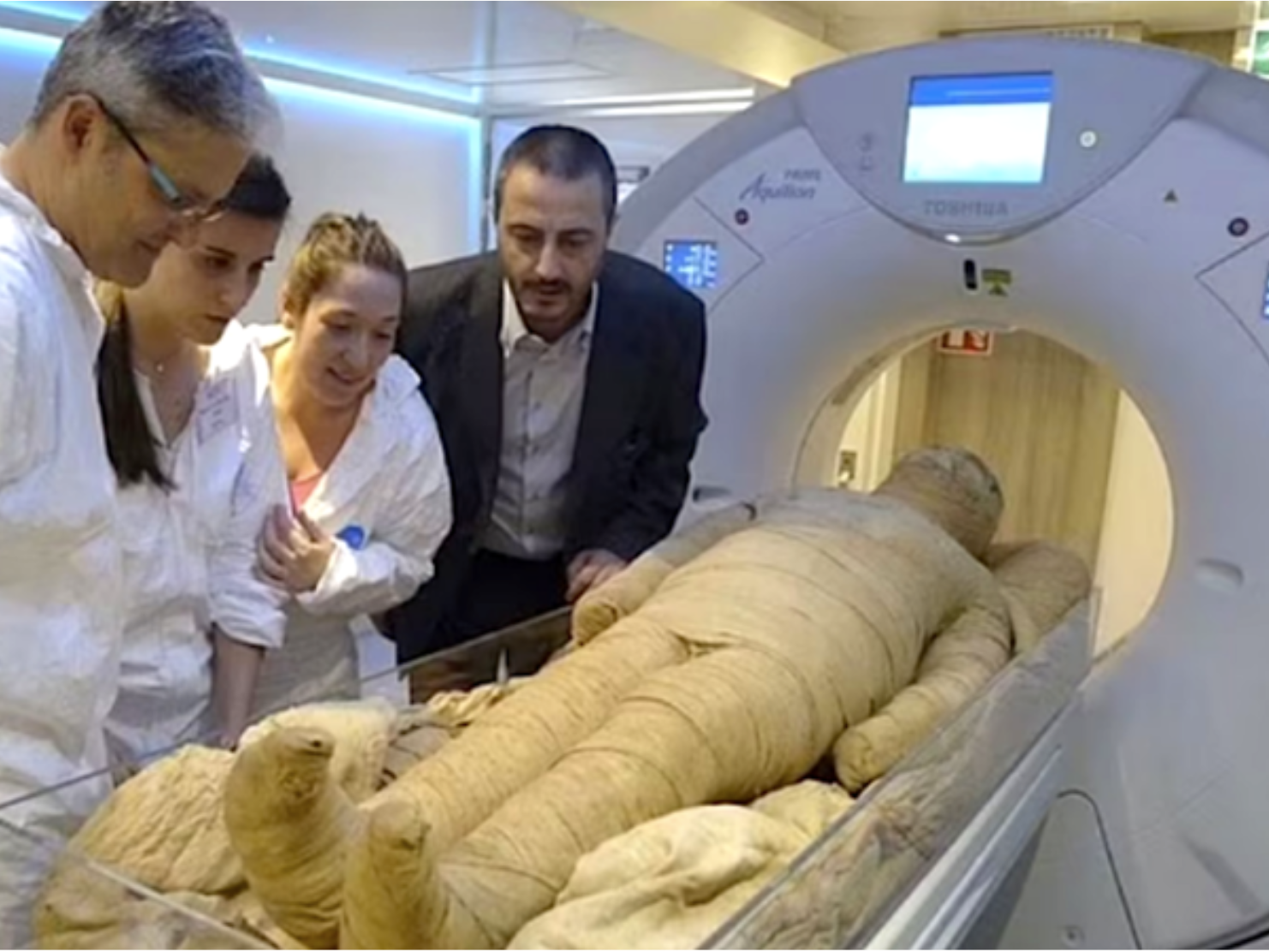“History cannot ignore these everyday problems in which we are protagonists”
The Geronimo Uztariz Institute was born 40 years ago with the objective of reinventing and disseminating the History of Navarra in a different way. In these four decades, he's brought together very diverse people and he's done a lot of research on a variety of issues. Young historians have also joined. The institute can now be in the transition between the old and the new.

Gemma Piérola (Barañáin, 1974) is currently president of the Gerónimo Uztariz Institute (GUI). He has studied History for many years in High School and is currently a professor at the UPNA. This Saturday, October 23, the Condestable of Pamplona will be held, coinciding with the 40th anniversary of the foundation. At 10:00 hours Emilio Majuelo will offer a talk on “The Historiographical Adventure of the GUI” and at 12:00 a round table will be held with the people who have been presidents of the institute.
Instituto Gerónimo Uztariz, Historia Económica y Social. Why those two surnames?
When the Institute was founded in 1984, the most innovative historiographical currents in other places, such as France, were Quantitative History or Economic History. The causes of economic development and social history were explored and their influence on the population studied. It was then that he began to talk about Economic and Social History, and in the 1980s, that had not yet been done in Navarra. After all, people were and are the protagonists of these social processes, and these two surnames are a sign of the historiographical commitment of the institute.
One of the main objectives of the GUI was to establish the historical bases of contemporary Navarre. To what extent has it been implemented?
It's not quite like that. Regarding the initial plans, Emilio Majuelo, one of the founders of the institute, in number 9 of the Revista Gerónimo Uztariz said: “We need to know more about the contemporary history of Navarre and increase collaboration to fill the broad historiographical, non-historical gaps.” Until then, history was not always accurate, sometimes disfigured or from few sources in terms of the empirical rigor that research requires. At that time, mainly artistic, ethnographic, Ancient and Middle Ages topics were addressed, and the lack of elaboration of contemporary history was striking.
Faced with this situation, a group of young historians founded the Gerónimo Uztariz Institute. They needed a different historiography, committed to the situation that the country was experiencing at that time and responding to that reality. Thus began to materialize the research carried out in the group, with a critical view and with empirical rigor; new interpretations of the History of Navarra appeared, but also complemented those carried out so far.
I'd like to give you some examples of this work.
During these four decades numerous conferences and congresses have been organized. The group has published a series of works that in the Contemporary History of Navarra were completely unknown. Examples: II. The republican Navarre, the religious issues of those years, the civil war, the violence and repression of that time, the subsequent Francoist dictatorship, the social conflicts of the 19th century in Navarre, the republican biographies, the works on the privatization of the Navarre mountains, the communal goods, the property relations between the end of the 19th century and 1936, the standard of living of rural Navarre....
And attention, a lot has been done, but there's still a lot to do, even more so when negationism is very alive, or conformism, or not to engage historiographically. These attitudes do not help.
What contribution does history have to make to Navarra in 2024?
I believe that history has at least two functions. A theorist who shows what happened. The other social, to sustain the need for a critical awareness of the human being with respect to his collective past, is the commitment to look and feel the problems of the world in which we live. The work of the historian is not to build a tradition that is accepted by the majority, but to know the facts and analyze their causes and consequences.
Much progress has been made in research and perhaps not so much in outreach. Is the issue of disclosure still pending?
For us, disclosure is very important, we are in it. There we are with high school teachers, city councils and other associations. History has to extend to all audiences, but it's not always easy. We have just had a conference on History with Memory in Navarra and there, fellow high school students emphasized that society changes, its language, and the time of attention, and that therefore we need other ways of telling history. Working history with rigor and a good podcast of history are not contradictory; proof of this is the welcome received in Euskalerria Irratia podcasts made by a group of young researchers graduated in History.
I have the impression that in education far-off history is even more important than that which happened a few decades ago, and that what happened from Francoism to the present day is played less. I do not know if that is the case at all.
Yes, it is. What is to be done about that? I think we have to know that story that we have close to us, we should not fear it, nor see it as a historic taboo. Some say that it has not been long enough to look at that time with sufficient perspective, but I do not think that is the case. That is used as an excuse. There may be processes that aren't completely closed, but there's no problem or prejudice to study recent history.
Research is an important objective of the GUI and for its research we have to go to the archives, but it is not always possible, there are still many topics completely closed. Is society asking for the necessary files to be opened so that it can be investigated?
In society -- that's not easy to answer, but we ask, yes, don't hesitate. Proof of this is that last year the files of 40,000 Navarros prisoners during the dictatorship were transferred to the Archivo Real y General de Navarra, and thereafter they will be the subject of study for those who wish. It was a long-standing request and has always been denied. That will help to better understand what the repression was like during the Franco regime.
Although late, the files are gradually opening, it is striking how difficult it is to reach various sources in Navarra. In other places, there are no problems with tracking, but here we are. Legislation does not help.
What challenges does the GUI have today? What about the historiographies of Navarra?
I have just quoted an article by Emilio Majuelo in which he said: “The future of the Institute is linked to collective work, reflection and debate, as well as to the critical spirit and committed to the reality we live in.” And in addition, we must adapt to the new areas that require historical analysis and to the public that reads and listens to them.
History cannot ignore these everyday problems in which we are protagonists, it cannot ignore the commitment to reality, with all that that means.
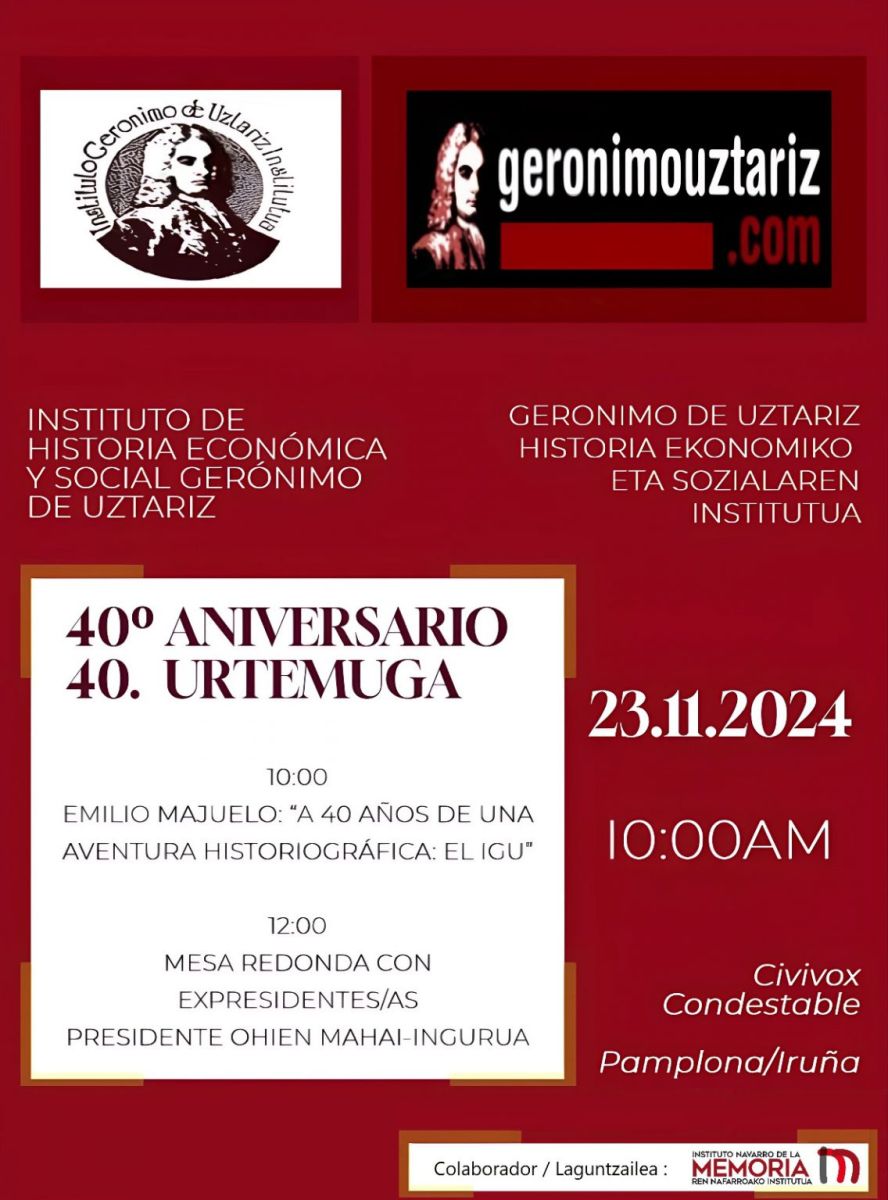
Archaeologists have discovered more than 600 engraved stones at the Vasagård site in Denmark. According to the results of the data, dating back to 4,900 years ago, it is also known that a violent eruption of a volcano occurred in Alaska at that time. The effects of this... [+]
Vietnam, February 7, 1965. The U.S. Air Force first used napalma against the civilian population. It was not the first time that gelatinous gasoline was used. It began to be launched with bombs during World War II and, in Vietnam itself, it was used during the Indochina War in... [+]
I just saw a series from another sad detective. All the plots take place on a remote island in Scotland. You know how these fictions work: many dead, ordinary people but not so many, and the dark green landscape. This time it reminded me of a trip I made to the Scottish... [+]
Japan, 8th century. In the middle of the Nara Era they began to use the term furoshiki, but until the Edo Era (XVII-XIX. the 20th century) did not spread. Furoshiki is the art of collecting objects in ovens, but its etymology makes its origin clear: furo means bath and shiki... [+]
In an Egyptian mummy of 3,300 years ago, traces of Yersinia pestis, the bacterium that caused the Justinian plague in the 6th century and the Black Plague in the 14th century, have just been found.
Experts until now believed that at that time the plague had spread only in... [+]










